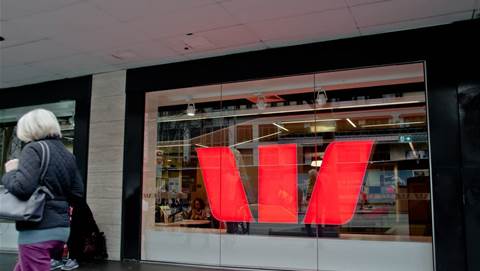Hardware behemoth Bunnings has revealed it will set up a dedicated technology development centre in the Indian software hub of Bangalore amidst a worsening Australian IT skills shortage that shows no sign of abating.
The move comes as Bunnings goes full pelt on accelerating and delivering its omnichannel push that fired up just before Christmas, months earlier than previously indicated, and fuses click-and-collect, delivery, trade credit and reselling products like appliances not available in its stores via Bunnings Marketlink.
Despite a horror Christmas period across Australia, Bunnings delivered a 5.3 percent lift in sales on continuing operations to $7.275 billion for the half-year ended 31 December, up from $6.907 billion over the previous corresponding period.
Bunnings’ digital strategy is by far the most carefully watched blended online execution in the retail sector, with the Wesfarmers-owned hard-goods business essentially leaving the grocery sector eating its dust in terms of execution, time to market and profit margin contribution.
The key competitive advantage Bunnings has carved out in the subdued retail sector is that its online execution, which came comparatively late to market and only really fired up over the last 18 months to two years, has been profit margin accretive from the outset, unlike Coles and Woolworths.
Both Coles and Woolworths said last reporting period that their online operations were now margin accretive, but neither has disclosed the margin amounts indicating it is not yet large enough to be material in terms of reporting obligations.
Bunnings’ decision to set up a code shop in Bangalore follows a well-worn path for Australian blue chips frustrated by the lumpiness of Australia’s tech labour supply and its highly volatile pricing.
Retail banks including ANZ have for more than a decade used India as a long-term additional tech skills base because of its large population and ability to scale comparatively quickly.
A further problem for large tech employers – especially established businesses that are now on a second wave of digitisation – is that the federal government has axed the previously popular subclass 457 visa scheme that allowed employers to bring in tech staff on employer sponsorships.
However the government has replaced the employer demand-driven 457 system with the more tightly controlled ‘Global talent- employer sponsored program’ alongside a tech headhunting program for permanent migrants known as 'global talent independent program' (GTIP).
According to investor materials released by Wesfarmers, the Bunnings Bangalore technology centre will primarily service the retailer rather than being a centralised function like the Wesfarmers Advanced Analytics Centre.
There is also market sentiment that Bunnings, as compared to Kmart, Target or Blackwoods, is becoming an easier business to digitise because of its more consistent ranging and lack of close competitors.
However Bunnings' scale and success is now becoming a regulatory headache with the competition watchdog recently putting the proposed purchase of Adelaide Tools on hold.
That could mean that Wesfarmers’ core group-wide tech strategy team becomes more focused on delivering solutions and enhancements to other retailers leaving Bunnings to do what it does best – chart its own course.
In other updates provided to investors, Bunnings confirmed click-and-collect was now available nationally, with ‘click-and-deliver’ available in 100 stores.
It said it had also topped up its digital spend to the tune of an extra $10 million and booked a capex increase of 12 percent to $269 million for the half-year ended 31 December, up from $240 million over the previous corresponding period.
The rise was sheeted to "higher capital expenditure in Bunnings from development of digital offer".
Bunnings did not update numbers its trade credit app and instrument – PowerPass – holding to the 700,000 active customer level, but said it is growing.
Some analysts regard PowerPass as a masterstroke because it disintermediates margin-sapping credit cards and the likes of Apple Pay and replaces it with a lucrative trade credit facility (ie Bunnings is the lender) that is also a massive marketing and data collection base for its core base of tradies.
However Bunnings cautioned the immediate outlook for trading conditions in Australia were expected to remain “moderated”.
“Customers remain cautious while significant weather events and bushfires continue to impact communities around Australia,” Bunnings told investors.


_(28).jpg&h=140&w=231&c=1&s=0)
_(20).jpg&h=140&w=231&c=1&s=0)





_(26).jpg&w=100&c=1&s=0)

 iTnews Executive Retreat - Security Leaders Edition
iTnews Executive Retreat - Security Leaders Edition











_(1).jpg&h=140&w=231&c=1&s=0)



